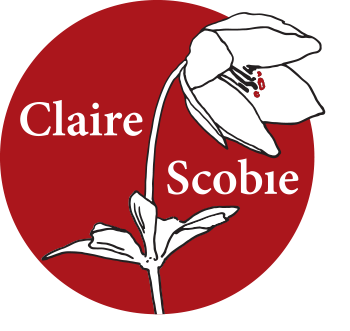07 Dec Last seen … finding a voice
 Last week I talked about how useful it is know your audience and hone your voice for a specific publication.
Last week I talked about how useful it is know your audience and hone your voice for a specific publication.
Travel articles are often seen as easy but they’re surprisingly difficult to write. You need to balance practical information, anecdotes and a few facts and figures, with literary description. The voice is generally more informal than for a feature article because it’s personal and written from the first-person point of view.
For a travel memoir, there are many more voices to choose from. Yes, everyone’s written about the cafes of Paris or the beaches of Bali, but how you tell the story—how you choose to narrate it—can make an old tale sound new. Simply put, the narrator is the voice of your story.
Voice is the combination of:
- Style – what words you choose, how you structure your sentences and paragraphs
- Personality of the author
- Tone – this includes mind-set, opinions, feelings and attitude behind the words.
It often takes time to find your own voice. While there is a cross over between styles, it helps to ask, is it conversational or formal, intimate or lyrical? If you’re genuinely funny, write humorous prose. If you’re reflective, go for depth. It’s much easier to write in a way that is natural and aim for consistency to give your narrative a smoother feel.
At the moment I’m reading (and loving) Geoff Dyer’s Jeff in Venice, Death in Varanasi. It’s a novel but the second half, set in Varanasi, reads like travelogue. Dyer’s tone and language reflects the narrator which he has cultivated to tell this story. In another book, he may have a very different voice. The narrator is funny, outrageous, dark and occasionally, sublime. His voice crackles with energy and slips between poetic phrases, conversation and personal revelation. Swearing, slang and informal patter are all fair game, so too are invented words, repetition and colloquialisms for used for emphasis.
Here he is talking about Varanasi.
‘The action on the road was first matched and then exceeded by what was happening on either side of it, by the blare and frenzy of display, of frantic buying and selling, loading and unloading… Everything was piled up. Everything was excessive. Everything was brightly coloured and loud, so everything had to be even brighter and louder than everything else. So everything blared. There was so much of it all, blaring so loud and bright, that it was impossible to tell exactly what this everything was made up of, what it comprised. It was a totality of bright, noisy, blaringness…’
Like, dislike? Let me know—and how did you find your voice?
